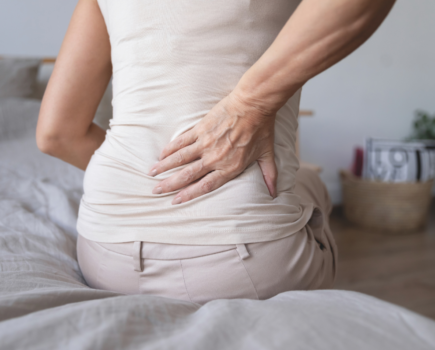Let’s tackle the testosterone taboo. It may be a male hormone, but women need it too — especially as they age.
Dr Marion Gluck, hormones expert and owner of the Marion Gluck Clinic, tells us why.
Increasing libido, mood, self-confidence and energy

Testosterone is a sex hormone and an anabolic steroid, and although it is typically considered to be a male hormone, it is also essential for healthy hormone balance in women.
In men, it is produced in the testes and in women by the ovaries, with women having around a tenth of that seen in men.
This essential hormone is produced by the adrenal glands of men and women, and by the conversion from other weak androgens. Testosterone has been found to increase self-confidence levels, motivation and energy, as well as generally improving your mood and vitality.
In menopausal women and those over 60, levels decrease which can lead to lowered libido, a decreased sense of well-being and a loss of energy as well as all of the symptoms described above.
All in balance

Low levels of testosterone are often associated with fluctuations of other hormones in the body.
For example, women with low testosterone also often have low levels of Dehydroepiandrosterone (DHEA), a hormone that your body naturally produces in the adrenal gland. It is a major precursor to stronger androgens such as testosterone and androstenedione and the female hormone oestrogen.
This means that within your body it undergoes a series of chemical reactions to ultimately convert it to testosterone or oestrogen as required.
Helping increase bone density

Testosterone directly regulates bone growth and maintenance by stimulating the activity of osteoblasts, the cells that form new bone. Testosterone also has indirect actions on bone; it is converted to oestrogen, which has a protective effect on bone by inhibiting osteoclast cells.
This is essential for women as they become more susceptible to osteoporosis, arthritis and other bone density conditions.
Boosting muscle mass and strength

Testosterone plays an important role in increasing muscle mass and strength. After the age of 35, we lose about one per cent of muscle mass every year, so testosterone becomes a vital hormone to stay fit and healthy.
Join Platinum’s reader panel to help shape and influence content within your magazine. Want every issue delivered to your door? Subscribe today.








